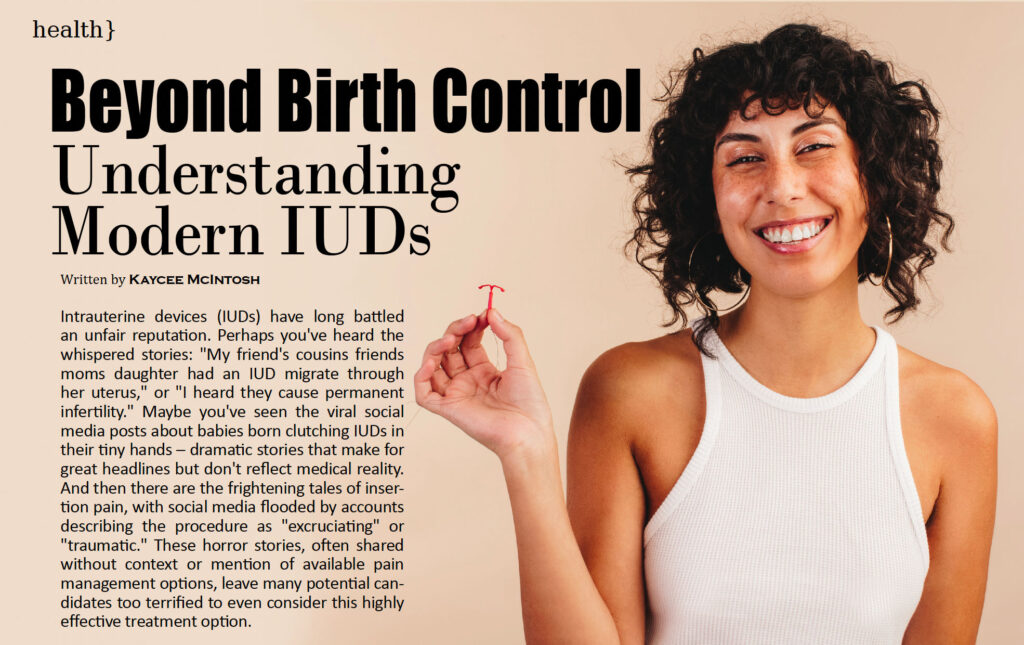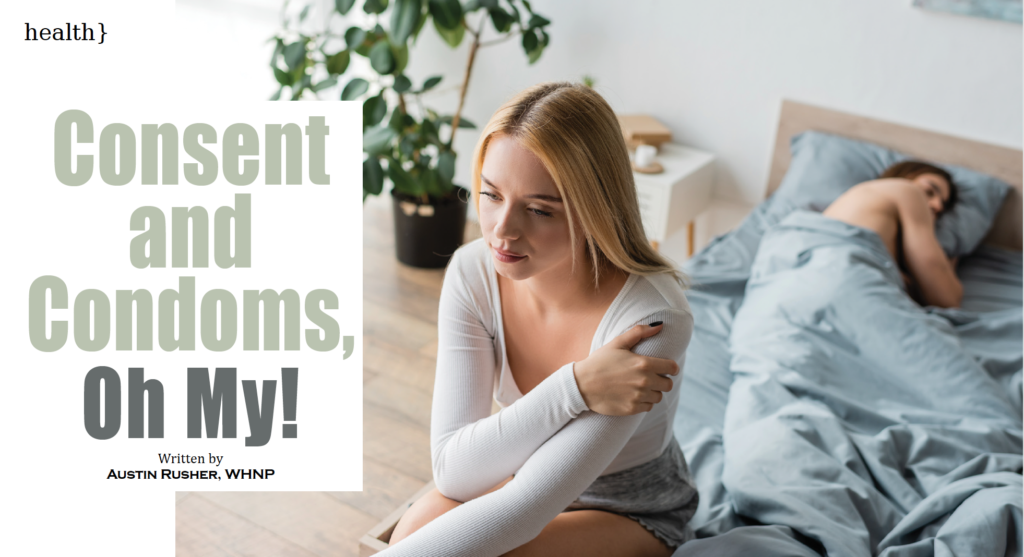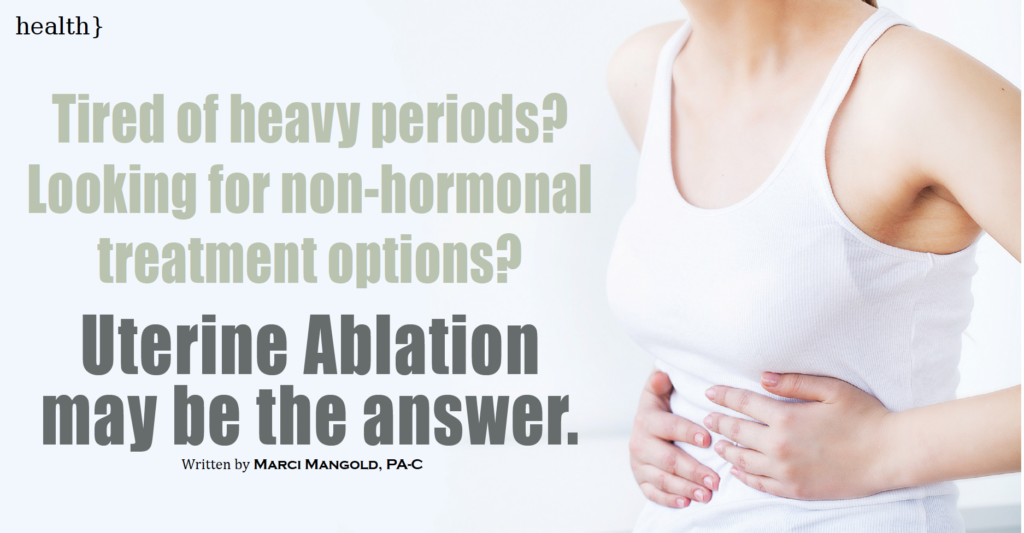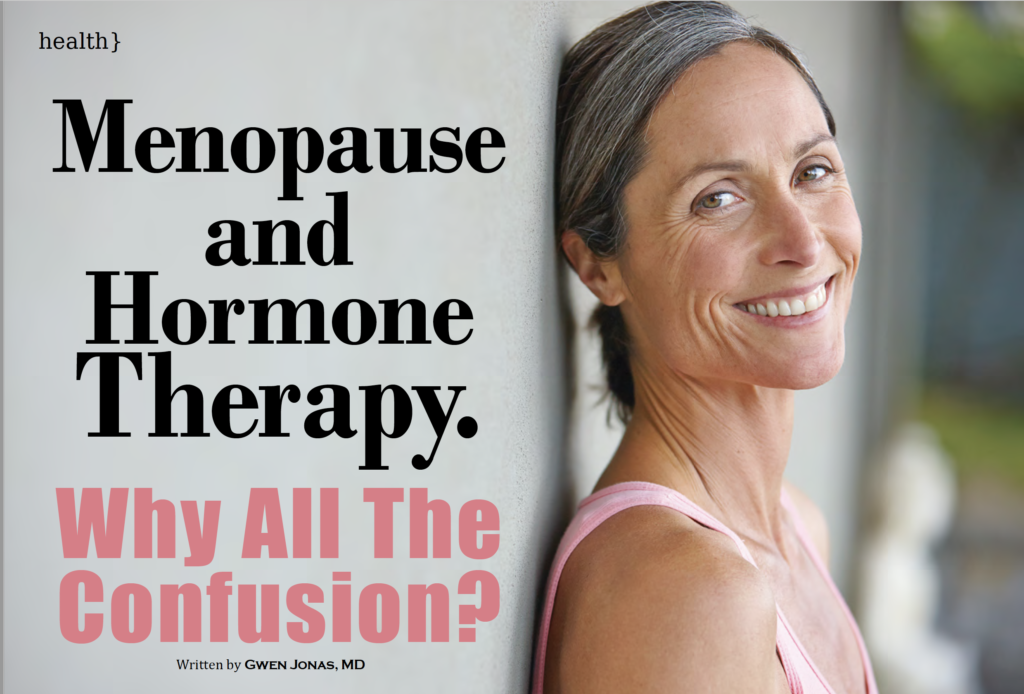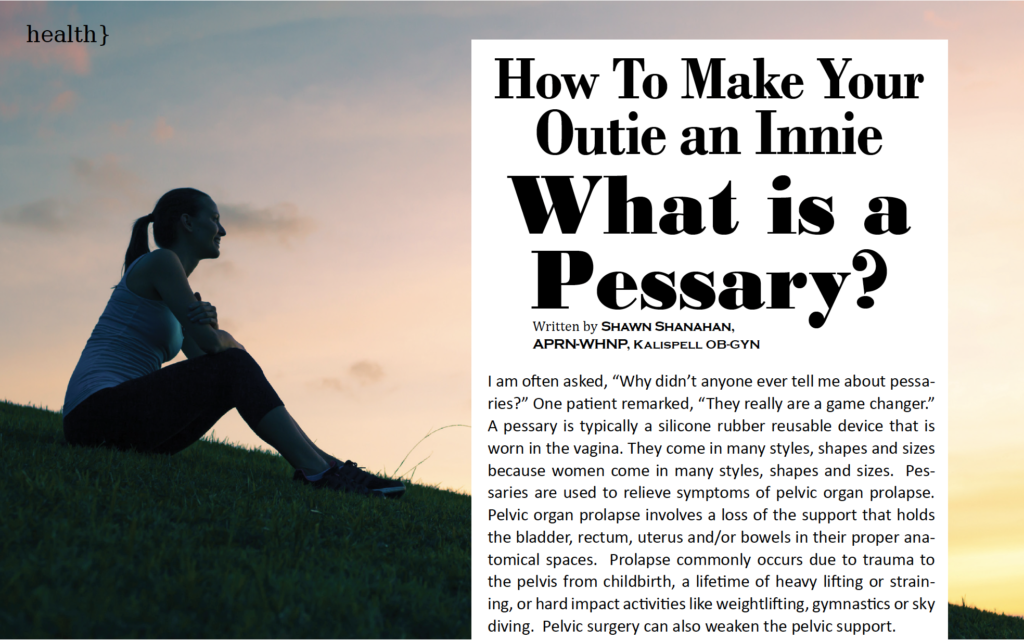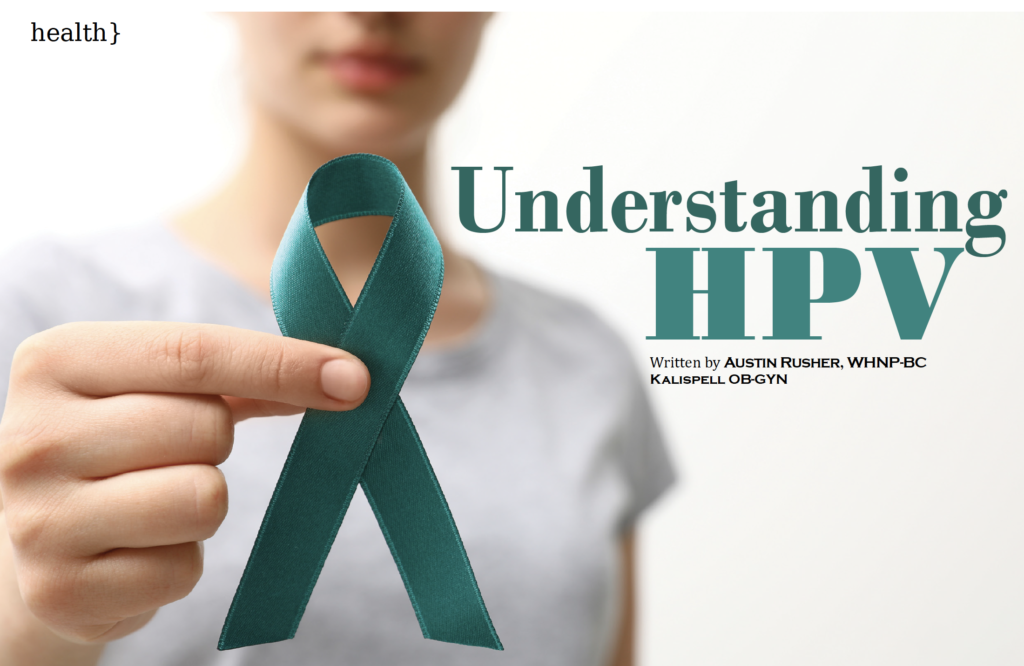Blog
Beyond Birth Control – Understanding Modern IUDs
We will dispel the most common myths surrounding IUDs and walk you through what actually happens during a consultation and insertion at our Kalispell OB/GYN clinic. Whether you’re considering an IUD for contraception or other medical benefits, understanding the facts can help you make an informed decision about your healthcare options.
Read MoreAre Your Pee Pipes Piddling?
by Shawn Shanahan, APRN-WHNP / Kalispell OB/GYN A leaky bladder is not a laughing matter, or is it? For one thing, laughing all too often leads to leakage. So does coughing, sneezing, exercising, or changing positions. Unprovoked bladder leakage may just incline one to stay home and become a recluse. Sometimes it feels like just…
Read MoreConsent & Condoms – Oh My!
Written by Austin Rusher, WHNP / Kalispell OB-GYN {Original Article posted 406 Woman } Being a girl is hard. Being a woman is also hard. Figuring out who we are, what we like, what we do not like, what our boundaries are etc. is an entire process that changes as we mature and grow as…
Read MoreTired of heavy periods? Uterine Ablation May Be The Answer
Written by Marci Mangold, PA-C / Original Article published: 406 Woman Magazine Do you dread that certain “time of the month?” Feel like you’re preparing for battle, stock-piling supplies before the bleeding starts, or maybe “Aunt Flo” just comes on a little too strong and is more than you can handle any longer? Be encouraged…
Read MoreKaycee McIntosh – Kalispell ObGyn
Written by Mary Wallace / Photos by ACE Photography / 406 Woman Magazine profile} Please meet Kaycee McIntosh – Physician’s Assistant, Medical Aesthetician, wife, daughter, mom to three boys, and wilderness survival podcast host Kaycee is a part of the medical team offering patient-centered, personalized care to meet the unique health needs of women at…
Read MoreMenopause and Hormone Therapy – Why All The Confusion?
Gwen Jonas, MD, discusses the perimenopausal transition and menopause, defining menopause as a period of 12 months without menstruation due to decreased ovarian function and hormone production. Symptoms affect 75% of women, including vasomotor symptoms (hot flashes, night sweats) and mood changes, and can last 7-10 years. Menopause also brings symptomless risks like bone weakening and increased heart disease risk due to poorer cholesterol profiles and insulin resistance. Hormone Replacement Therapy (HRT) is presented as an effective treatment for many, addressing misconceptions about its safety based on updated research. HRT benefits include symptom relief and reduced risks of bone fractures, diabetes, and possibly heart disease in women starting it within ten years of menopause before age 60. Various HRT delivery methods and the importance of discussing risks, like blood clots and stroke with a healthcare provider, are highlighted. “Bioidentical” hormones are clarified, and continuous use of HRT beyond 65 is considered if symptoms persist, emphasizing individualized treatment decisions.
Read MoreMenopause
Written by Marci Mangold, PA-C Did you know that only half of women aged 50 continue to have intercourse, and by age 70, only 27 percent are sexually active? According to a study at Johns Hopkins, this is a natural effect of aging, and it is not surprising that the older we get the less…
Read MoreWhat is a Pessary?
Written by Shawn Shanahan,APRN-WHNP, Kalispell OB-GYN I am often asked, “Why didn’t anyone ever tell me about pessaries?” One patient remarked, “They really are a game changer.” A pessary is typically a silicone rubber reusable device that is worn in the vagina. They come in many styles, shapes, and sizes because women come in many…
Read MoreUnderstanding HPV
Understanding HPV: Learn about the human papillomavirus, its transmission, symptoms, prevention, and available treatment options. Stay informed with Kalispellobgyn.
Read MoreThe Psychological Benefits of Exercise
Kaycee McIntosh, PA-C at Kalispell OB/GYN Have you ever felt a sense of total and complete freedom? This winter, I discovered something that created energy, motivation, inspiration, and joy in a place I didn’t expect. I have three boys, so there is little time for self-care and exercise. We also have a very energetic black…
Read More
